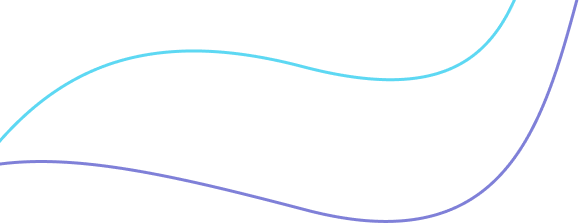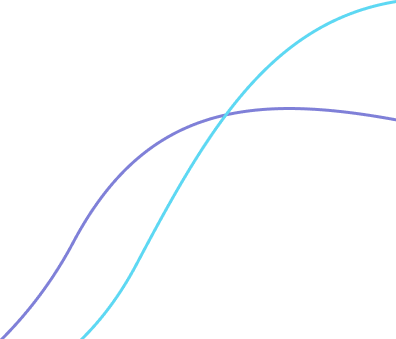
Nothing stays quiet in the world of app development. Indeed, the sector is constantly evolving, driven by technological advancements, user expectations, and market dynamics.
Staying ahead of these trends is crucial to create innovative, user-friendly, and successful apps. Below, the Monedata team looks at the app development trends currently shaping the industry…
Artificial intelligence and machine learning
Artificial Intelligence (AI) and Machine Learning (ML) are transforming app development. These technologies enable apps to provide personalised experiences, automate processes, and make intelligent decisions. AI-driven algorithms, for example, can analyse user behaviour to offer personalised content, recommendations, and advertisements. This enhances user engagement and retention. Machine learning, on the other hand, can automate repetitive tasks, such as data entry and customer support, improving efficiency and reducing costs. Apps can predict user behaviour and preferences, allowing businesses to make data-driven decisions and offer targeted services.
Augmented reality
AR and VR technologies create immersive experiences in various sectors, including gaming, education, retail, and healthcare. Look at Apple Vision Pro’s and Meta’s Quest series' success. AR and VR provide immersive gaming experiences, making games more interactive and engaging. Retail apps, for example, can use AR to allow customers to try on clothes, accessories, and makeup virtually, improving the shopping experience. VR can be used for remote assistance, virtual tours, and training simulations, making it a valuable tool in education and professional training. The most exciting part is that use cases are only just trickling through, and we’ll likely see lots more unique opportunities in the months and years ahead.
Internet of Things (IoT)
IoT integration is becoming increasingly common in app development, enabling seamless connectivity and control over various smart devices. Apps can control smart home devices, such as lights, thermostats, and security systems, providing users with convenience and security.
Health and fitness apps, on the other hand, can integrate with wearable devices such as Google’s Fitbit to track and analyse users’ health data, offering personalised insights and recommendations. IoT apps are also used in industries to monitor and control machinery, improving operational efficiency and safety.
5G
The rollout of 5G networks is revolutionising app development by providing faster, more reliable internet connections. 5G offers low latency and high-speed connectivity, enabling real-time data transfer and smoother streaming services. Developers can leverage 5G to create apps with advanced features, such as augmented reality, virtual reality, and IoT integration, without performance issues. Faster internet speeds and improved connectivity enhance the overall user experience, reducing load times and increasing app responsiveness.
Cross-platform apps
Cross-platform development frameworks, such as React Native, Flutter, and Xamarin, are gaining popularity due to their ability to create apps for multiple platforms with a single codebase. Cross-platform development reduces development time and costs by allowing developers to write code once and deploy it across multiple platforms.
hese frameworks ensure a consistent user experience across different devices and operating systems. By streamlining the development process, cross-platform frameworks enable faster time-to-market for apps. Your Android app could quickly be ported over to iOS, for example, and vice versa, allowing you to generate more income from your applications.
Progressive web apps (PWAs)
Progressive Web Apps combine the best features of web and mobile apps, offering a seamless user experience across platforms. PWAs can function offline or in low-network conditions, providing users with uninterrupted access to content. They’re ightweight and fast, offering a smooth and responsive user experience. The best part? Developing PWAs is often more cost-effective than building separate native apps for different platforms.
Blockchain
Blockchain technology is finding its way into app development, particularly in areas requiring secure, transparent transactions. Blockchain provides a decentralised and tamper-proof ledger, ensuring the security and integrity of data. Apps can leverage blockchain to facilitate secure and transparent cryptocurrency transactions. Blockchain enables the creation of smart contracts, automating and securing various processes, such as financial transactions and legal agreements.
Voice integration
Voice assistants and chatbots are becoming integral to many apps, providing users with convenient and interactive ways to engage with services. Integrating voice assistants like Siri, Google Assistant, and Alexa allows users to interact with apps using voice commands, enhancing accessibility and convenience. AI-powered chatbots (such as ChatGPT) provide instant customer support, improving user satisfaction and reducing operational costs. Advanced natural language processing (NLP) enables more accurate and human-like interactions, improving the effectiveness of voice and chatbot integrations.
Wrapping Up
The app development industry is rapidly evolving, driven by advancements in technology and changing user expectations. You can create innovative, user-friendly, and successful apps by staying abreast of these trends and incorporating them into your development process. Reach out to see how Monedata could help you stay ahead in the Android space.





Comments